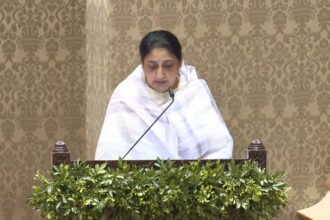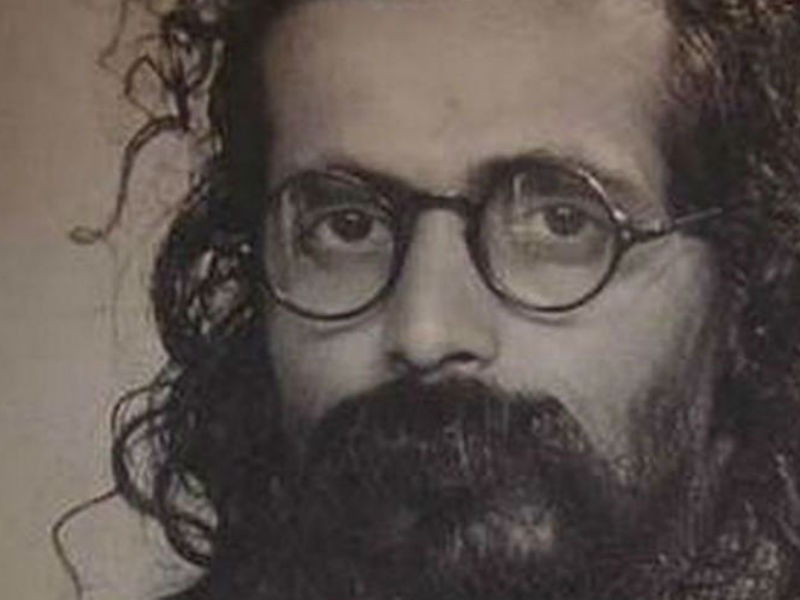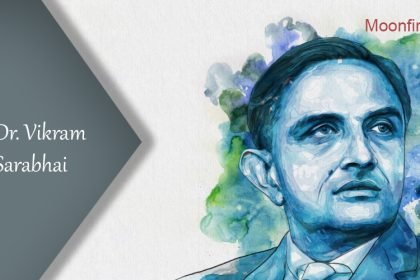Shri Madhav Sadashivrao Golwalkar, also known as Guruji, was a prominent Indian thinker, ideologue, and the second Sarsanghchalak (chief) of the Rashtriya Swayamsevak Sangh (RSS), a Hindu nationalist organization in India. Born on February 19, 1906, in Nagpur, British India, Golwalkar’s tenure as the head of the RSS, from 1940 until his death in 1973, was marked by significant growth in the organization’s influence in Indian society and politics, as well as by controversy over its ideology and activities.
Early Life and Education
Madhav Golwalkar was born into a Brahmin family and showed early signs of intellectual brilliance. He pursued his education in science, completing his Bachelor’s degree in Science from Hislop College, Nagpur. Subsequently, he obtained his Master’s degree in Zoology from Banaras Hindu University (BHU), Varanasi, where he was recognized for his academic excellence. Initially embarking on a career in academia, Golwalkar became a lecturer in Zoology at BHU.
Involvement with RSS
Golwalkar’s encounter with Dr. Keshav Baliram Hedgewar, the founder of the Rashtriya Swayamsevak Sangh, was a turning point in his life. Influenced by Hedgewar’s vision for India and his dedication to the cause of Hindu unity and rejuvenation, Golwalkar decided to dedicate his life to the RSS, eventually succeeding Hedgewar as its Sarsanghchalak in 1940.
Leadership and Ideology
Under Golwalkar’s leadership, the RSS saw a remarkable expansion in its base, establishing itself as a significant force in Indian society. He was a prolific writer and thinker, and his works, including “We, or Our Nationhood Defined” and “Bunch of Thoughts,” outline his vision for India and have been influential in shaping the ideology of the RSS and its affiliates.
Golwalkar’s views emphasized the importance of Hindu culture and civilization in India, advocating for the country to be recognized as a Hindu nation. He was critical of the partition of India and opposed the idea of a secular state, arguing instead for a nation built on Hindu principles. His perspectives on national identity, unity, and the role of minorities in India have been subjects of significant debate and criticism.
Controversies and Legacy
Golwalkar’s tenure and writings have not been without controversy, particularly regarding his views on India’s religious minorities and his stance on the Indian Constitution. Critics have accused him of promoting a divisive and exclusionary vision of India. However, supporters and members of the RSS view him as a visionary leader who worked tirelessly for the betterment of the nation and the strengthening of Hindu society.
Despite the controversies, Golwalkar’s impact on the RSS and its growth into a major political and cultural force in India is undeniable. His leadership not only expanded the organization’s reach but also laid the groundwork for the emergence of its political wing, the Bharatiya Janata Party (BJP), which has played a significant role in Indian politics, especially since the late 20th century.
Shri Madhav Sadashivrao Golwalkar passed away on June 5, 1973, but his legacy continues to influence the RSS and its approach to issues of national identity, cultural heritage, and Hindu nationalism in India.















